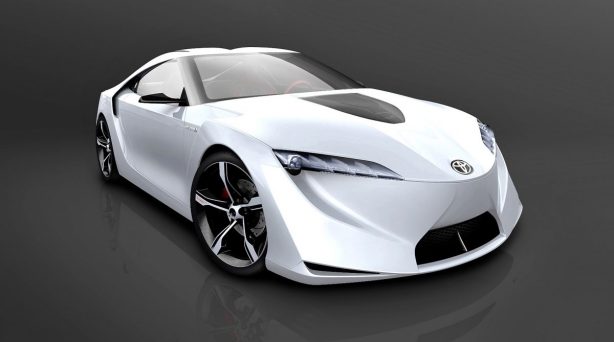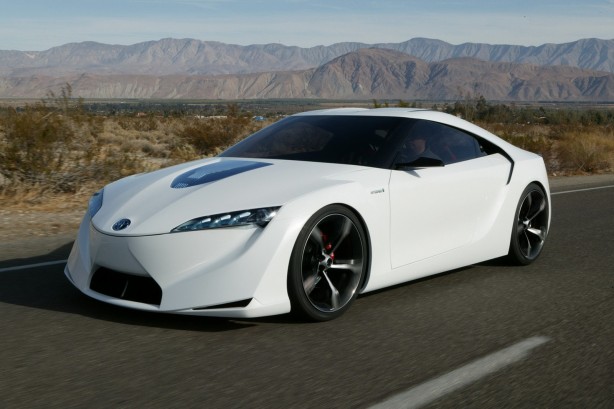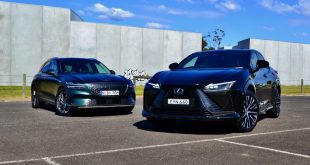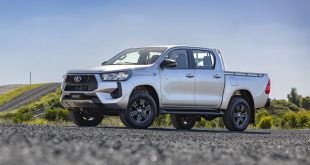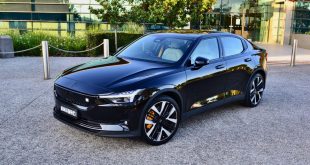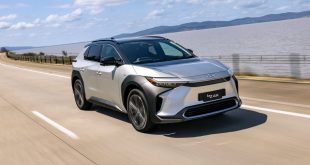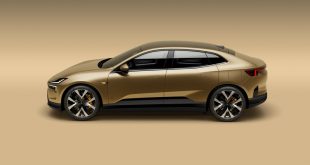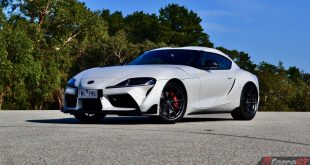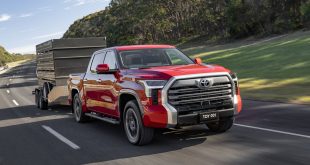Toyota Motor Corporation (TMC) is aiming for electrified vehicles to account for more than 50 per cent of its new-vehicle sales around the end of the next decade, according to a plan outlined today.
The Japanese automotive giant plans to significantly accelerate the development and launch of electrified vehicles including hybrids, battery electric models and fuel-cell electric vehicles.
The aim is by around 2025, every model in the Toyota and Lexus line-up around the world will be available as either a dedicated electrified model or have an electrified option.
The company said it would no longer develop models without an electrified version.
By around 2030, Toyota aims to have annual sales exceeding 5.5 million electrified vehicles, or more than half its global sales total. The figure includes more than one million zero-emission vehicles.
Toyota will make available more than 10 battery electric models worldwide by the early 2020s, starting in China, before entering other markets. The gradual introduction to Japan, India, U.S. and Europe is expected.
The company’s fuel-cell electric vehicle line-up will be expanded for both passenger and commercial vehicles in the 2020s.
The hybrid vehicle line-up will also grow, thanks to the further development of the Toyota Hybrid System II featured in the current-generation Prius and other models.
Toyota aims to introduce a more powerful version in some hybrid models, develop simpler hybrid systems for select models and expand its plug-in hybrid vehicle line-up in the 2020s.
Current limitations with battery technology are also being addressed, particularly energy density, weight, packaging and cost. In view of this. Toyota has been actively developing next-generation solid-state batteries and aims to commercialise the technology by the early 2020s.
In tandem with Panasonic, Toyota will start a feasibility study of a joint automotive prismatic battery business. Prismatic designs can reduce weight and cost, as well as optimise packaging efficiency with fewer cells required for a given voltage.
Toyota also aims to focus on the development of a social infrastructure conducive to the widespread adoption of electrified vehicles, including streamlined battery reuse and recycling.
It will also support the promotion of plug-in vehicle charging stations and hydrogen refuelling stations through active cooperation and collaboration with government authorities and partner companies.
Today’s announcement is the main pillar of a mid- to long-term initiative to achieve the company’s Environmental Challenge 2050, announced in October 2015, which aims to reduce its global average new-vehicle CO2 emissions by 90 per cent from 2010 levels.
 ForceGT.com Car News, Car Reviews, Video Reviews, Tuning and much more.
ForceGT.com Car News, Car Reviews, Video Reviews, Tuning and much more. 